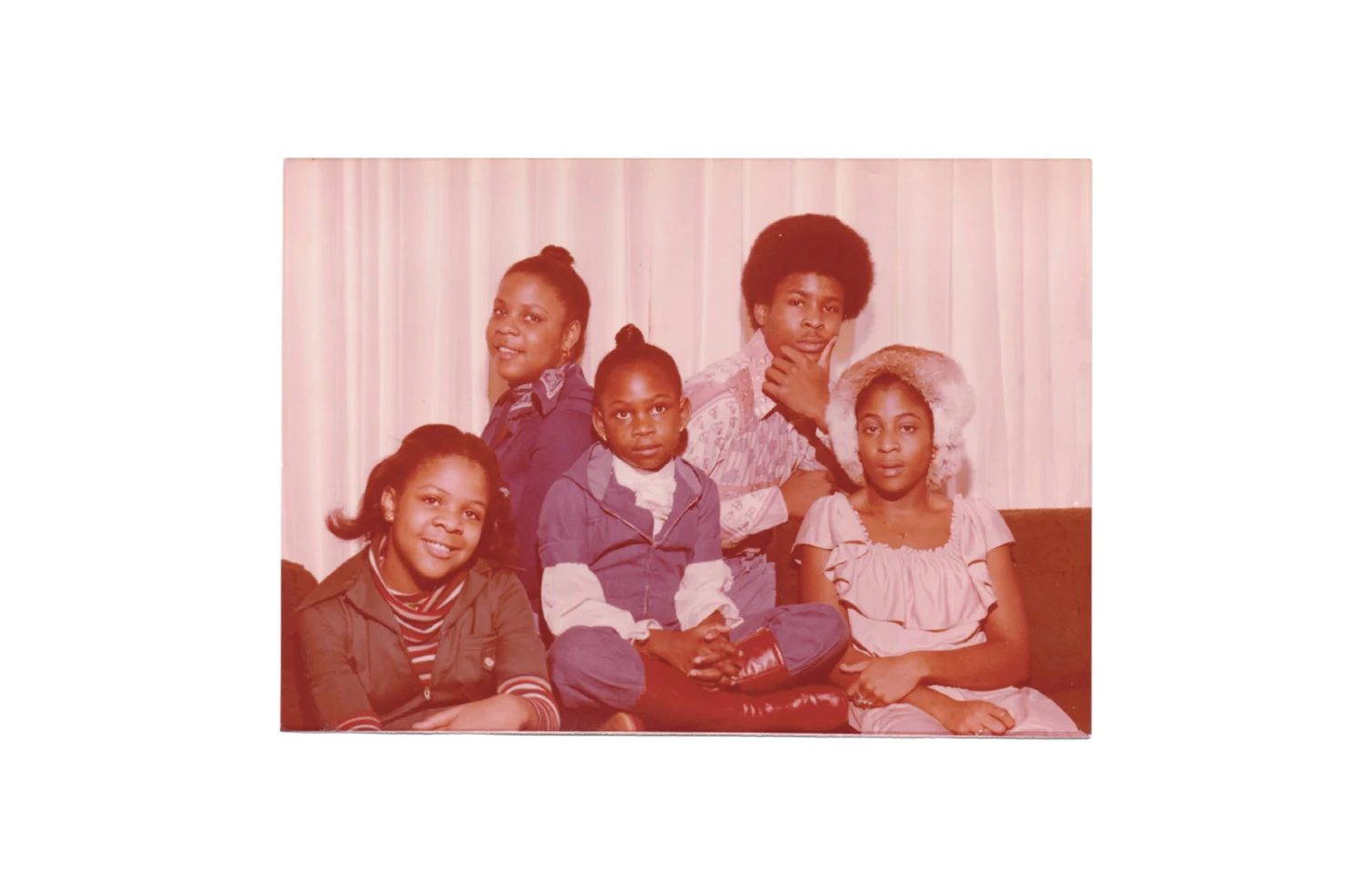privilege
welcome:
God, we invite You here. In Your mercy, perhaps, You will spare us just a little of Your power to make us whole again.
adapted from William Barclay
a thought to consider:
“Sociologists Henderson and Herring note that when white men begin to feel the effects of equality (e.g., they realize that they no longer receive preferential treatment or have power over others), it feels like discrimination to them. Being treated like everyone else is not discrimination (in fact, it is the textbook definition of equality). But when you’ve lived atop the racial hierarchy for your entire life and grown accustomed to preferential treatment and disproportionate amounts of power, it’s emotionally painful and destabilizing when they’re taken away.* For this reason, many white men have a vested interest in upholding the racial hierarchy even if they profess democratic ideals that suggest otherwise.”
* “But not as emotionally painful and destabilizing as actual discrimination, which people of color have faced for centuries. Don’t get it twisted.”
from Trump, the White Man’s Last Gasp, and the Resurrection, by Christena Cleveland
something Jesus said:
“So the last will be first and the first shall be last.”
Matthew 20:16
a story:
One day, a wealthy Jewish nobleman of high standing posed this question to Jesus: “Wonderful Teacher, what must I do to be saved and receive eternal life?”
Jesus answered, “Why would you call me wonderful when there is only one who is wonderful—and that is God alone? You already know what is right and what the commandments teach: ‘Do not commit adultery, do not murder, do not steal, do not lie, and respectfully honor your father and your mother.’”
The wealthy leader replied, “These are the very things I’ve been doing for as long as I can remember.”
“Ah,” Jesus said. “But there’s still one thing you’re missing in your life.”
“What is that?” asked the man.
“You must go and sell everything you own and give all the proceeds to the poor so you will have eternal treasures. Then come and follow me.”
When the rich leader heard these words, he was devastated, for he was extremely wealthy.
Luke 18:18-23
reflection:
Growing up, I always heard pastors and Sunday school teachers call the man in this bible story the "rich, young man." The emphasis was always on his wealth. Which makes sense, because later in the story Jesus goes on to say these famous words: “It is easier for a camel to squeeze through the eye of a needle than for a rich person to enter God’s kingdom.” But lately, I’ve wondered what Jesus was asking of this rich man. Was it only his wealth that He was asking him to give away to the poor? Jesus’ way was to utterly abandon His attachment not only to wealth, but to privilege and power.
There are endless stories about Jesus abandoning His rights as a male, as well as His rights as a full-blooded Jew in his community and as a descendent of King David. Jesus abandoned the comforts of His family and His home. He refused to lay claim to the political power His peers longed to give him. He sacrificed His dignity and His name as He hung between thieves on the cross.
If Jesus was only addressing this man’s wealth and his heart's attachment to his wealth, then we can continue believing that this passage was for this man alone, and not for anyone else, especially those who are humble in their possessions. That would leave most of us in the clear (though only barely, given that we are far wealthier than most people in the world.) But if Jesus is calling this ruler to truly sell all of his riches—literally everything—then isn't He also challenging each of us to detach ourselves from our symbolic pockets and wallets?
What if Jesus is calling the wealthy Jewish nobleman of high standing to give not only his money, but also the wealth of his birthright, his position, and his privilege? If he would have taken the challenge and done so, he would have had to share all that he had left with everyone else who was following Jesus—the fishermen, the lepers, the zealots, the women, the tax collectors, the thieves. He would eat the same bread and drink from the same cup. He would no longer be the keeper of the law dressed in elegant robes, but a dirty shepherd and a washer of feet, begging the law for mercy.
contemplation:
1. Christena Cleveland writes, “You’re not being ‘oppressed’ when another group gains rights that you’ve always had.” The wealthy Jewish nobleman says that he’s been following the commandments for as long as he can remember. There was really no decision on his part to follow these commands simply because they were right or even good. His privilege had afforded him the rights to easily do these things. However, when challenged to become like the rest of Jesus followers, he felt devastated, as if 'oppressed' by the idea. What rights have you always had that you didn’t have to earn?
2. In terms of race, sexual identity, gender, education and income, do you have much in common with the people who are in authority over you ( i.e. boss, teacher, pastor, church leaders, state’s politician’s, judges, police officers etc…)? If yes, how would it make you feel if you often didn’t have anything in common with those who are in authority over you?
3. Do you believe that you hold certain privileges? Take this privilege quiz and find out.
prayer:
Jesus, have mercy. Like Peter we cry out, “Lord, see how we’ve left all that we have to follow You.”
blessing:
May God equip us with a vision that sees higher, deeper and broader than our physical realities.
adapted from Beth Moore, Stepping Up










